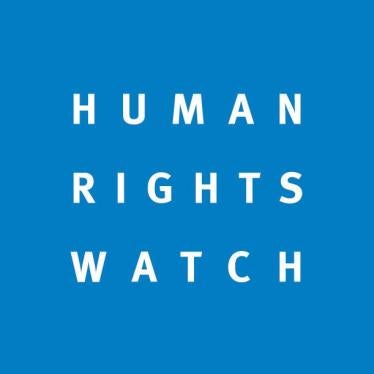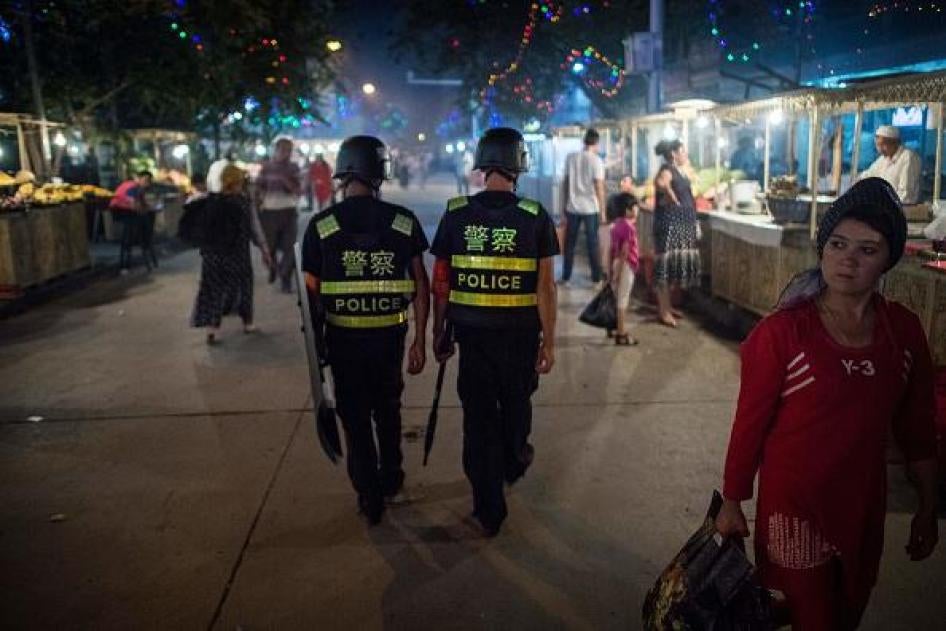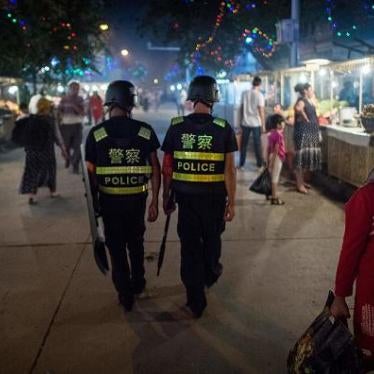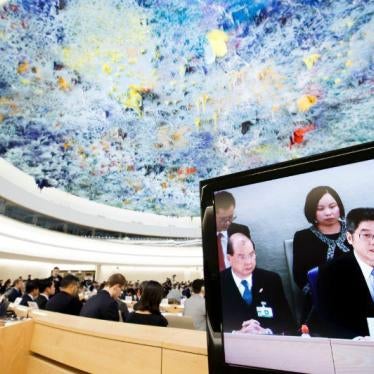The Chinese government has been on the offensive in recent weeks, dismissing claims of one million unlawful detentions and other human rights abuses against Turkic Muslims in Xinjiang in northwest China. In December, Beijing invited diplomats and journalists from mostly non-Western countries on a “guided tour” of Xinjiang, including visits to selected “political education” camps. Chinese state media portrayed the visit as a success, saying that the diplomats — including from Indonesia — had been “impressed” by these facilities.
But does that rhetoric accurately reflect Jakarta’s position? And is Indonesia going to defend persecuted Muslims in China as it did for those in Myanmar?
Over the past two years, United Nations bodies and human rights groups have reported on Chinese government abuses in the name of fighting “religious extremism and terrorism.” Human Rights Watch has used witness accounts and Chinese government documents to detail arbitrary detention, political indoctrination, mass surveillance, and severe restrictions on religious practice and movement throughout the region.
For example, we published an official list of “75 behavioral indicators of religious extremism,” which reveals that the Chinese authorities consider suspect people who “store large amounts of food in their homes” and who “smoke and drink but quit doing so suddenly.”
Agence France-Presse also examined over 1,000 procurement documents issued by Xinjiang’s “political education” camp authorities and found that they were purchasing cattle prods, stun guns, and spiked clubs. These findings stand in stark contrast to the Chinese government’s claims that people held in these camps are “trainees” who had volunteered their time to learn a trade.
So far, the Indonesian government’s public response to this human rights crisis has been lackluster. Facing pressure from several Muslim groups to speak up about Xinjiang, the Indonesian Foreign Ministry summoned China’s ambassador to Indonesia, relaying its concerns and asking the ambassador to communicate directly with Indonesian Muslim groups. Meanwhile, the Indonesian government maintains its official line on Xinjiang: that Jakarta “would not interfere” in China’s “domestic affairs.”
China’s Xinjiang crisis is symptomatic of the deepening repression across China under President Xi Jinping, who assumed power in 2013. In March 2018, Xi scrapped term limits for the presidency and restructured the central government bureaucracy to give the Chinese Communist Party—and himself—greater power.
As Indonesia engages with the Chinese government’s ambitious “One Belt, One Road” infrastructure plan, it should be wary of this powerful neighbor whose policy toward minorities displays a disturbing mix of racism, Islamophobia, and broad-based repression both within and beyond its borders.
Indonesian government officials should speak up for Turkic Muslims in Xinjiang, both publicly and privately with senior Chinese government officials, not only because the violations are egregious, but also because Indonesia’s advocacy can be particularly effective coming from a multicultural Asian country. Indonesia can also be a champion among other Muslim-majority countries at the Organization for Islamic Cooperation (OIC), and puncture the Chinese government’s claim that criticisms about Xinjiang is a Western conspiracy.
The Indonesian government should join other governments at the upcoming March session of the United Nations Human Rights Council in Geneva to press for independent access to Xinjiang. Although the OIC announced on Twitter on Jan. 20 that it will visit Xinjiang, it has provided few details. The Indonesian government should take all necessary steps to ensure that the visit will be truly independent.
Together with other concerned governments, Indonesia should establish an international coalition to maintain pressure on Beijing over Xinjiang. Even a “quiet” diplomacy focus should at least include a push for the release of wrongfully detained Muslim scholars and intellectuals.
A less robust approach risks creating the perception that Indonesia can be pushed to abandon its principles when defending them is difficult.










